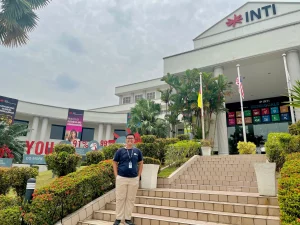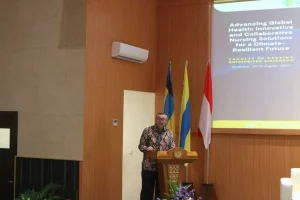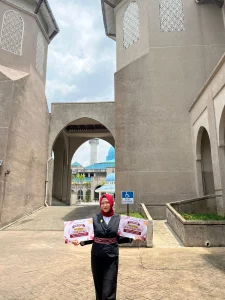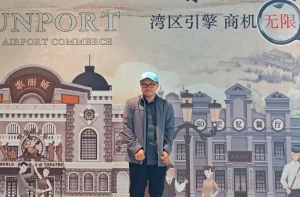UNAIR NEWS – Director of Wahana Lingkungan Hidup Indonesia (WALHI) East Java Wahyu Eka Setiawan said that Indonesia ranks the ninth of ten countries as the largest producer of electronics with 1.3 million cubics per ton and per capita of 4.9 kilograms.
Waste management data
“As additional notes, data from the government said that 2 million tons of waste produced with Java contribute by 56 percent. Electronic waste, in particular,” he said.
Furthermore, Wahyu said that waste management in Indonesia is poorly managed. While there is a government regulation No. 7 of 2020 regarding Specific Waste Management, the rule hasn’t reached the standard operating procedures in a landfill site or rubbish dump, even at the household level.
More than waste sorting, managing waste should be conducted thoroughly. To manage hazardous waste (B3), it is necessary to sort it from the household level to the temporary rubbish dump. Otherwise, final disposal will be difficult to manage because all the garbage is mixed.
“It will raise another problem in the landfill site eventually,” he added.
Responding to the problem in electronic waste management, Wahyu suggested that the community and government should solve and collaborate by making more technical derivative regulations and increasing environmental extension workers from rural areas.
Learn from other countries
“We can’t apple-to apple compare Indonesia with other countries. Especially when environmental education in Indonesia hasn’t been taught early, unlike in Japan. Education should be the starting point to develop the waste sorting at the earliest,” he said.
Furthermore, Wahyu explained that the behavior should be developed now. To carry out it well, strict rules and punishments should be made. He then provided an example of the often neglected ‘disposing garbage properly’ behavior. It eventually impacts the waste sorting.
According to Wahyu, other countries, including the developed countries have managed their waste very well. In contrast to Indonesia, which accommodates the foreign waste instead. As the matter of fact, Indonesia and Ghana accommodate the electronic waste from the developed countries.
Wahyu suggested the community and government to create electronic waste innovations at the micro-level. “Especially on the recycle technology. It’s the future challenge,” he said.
The discussion was quoted from the “E-Waste: Environments Destroyer and How to Manage” Webinar which was held by the Ministry of External Relations and Ministry of Environment of Student Executive Board (BEM UNAIR) on Saturday, June 11, 2022.
Author: Affan Fauzan
Editor: Feri Fenoria









